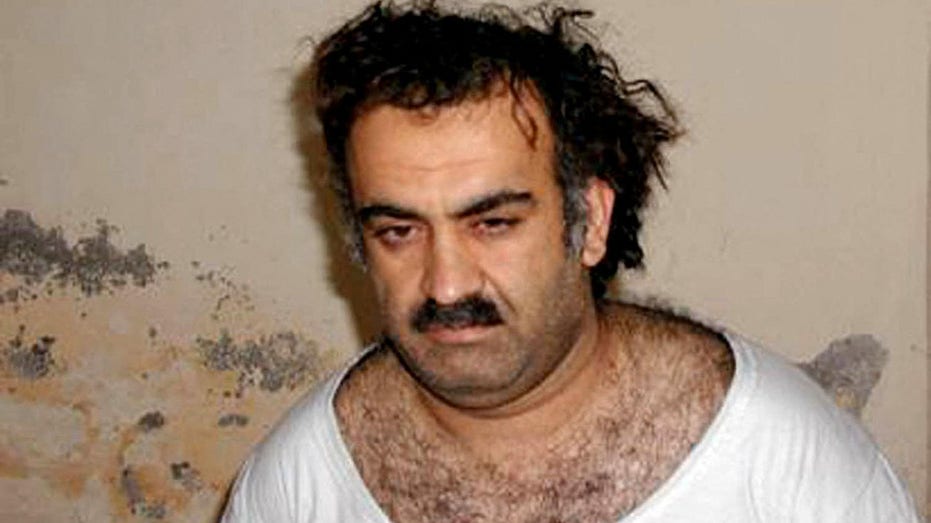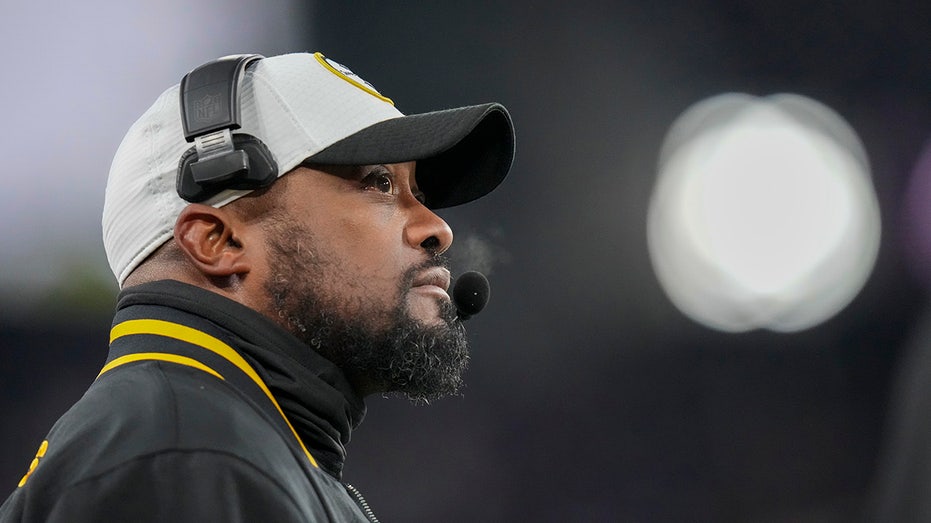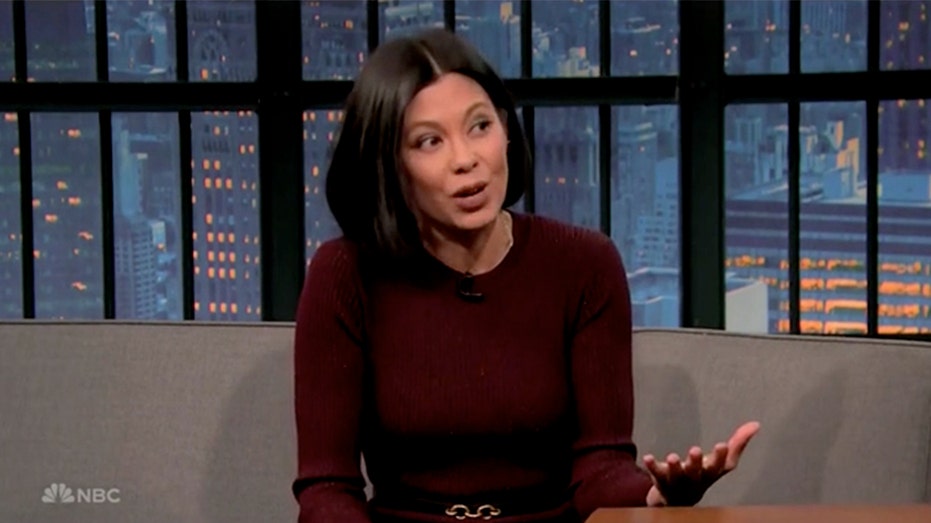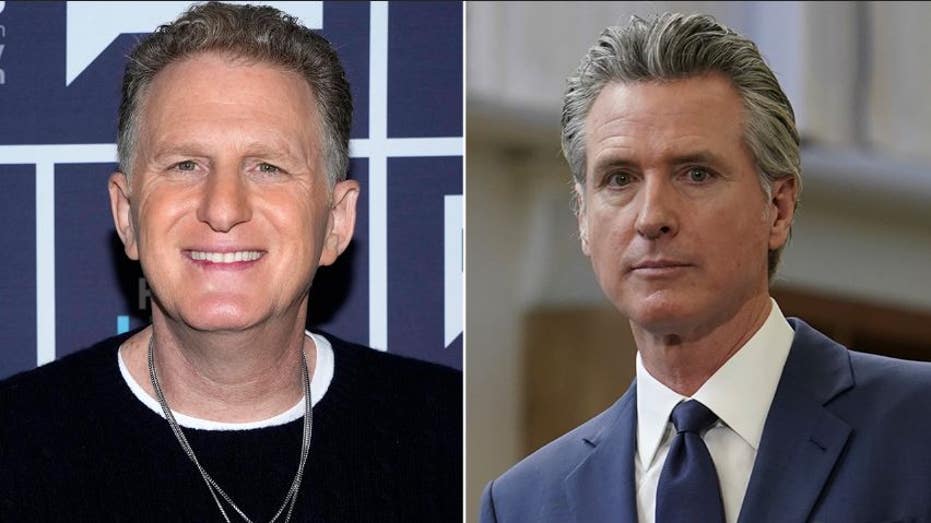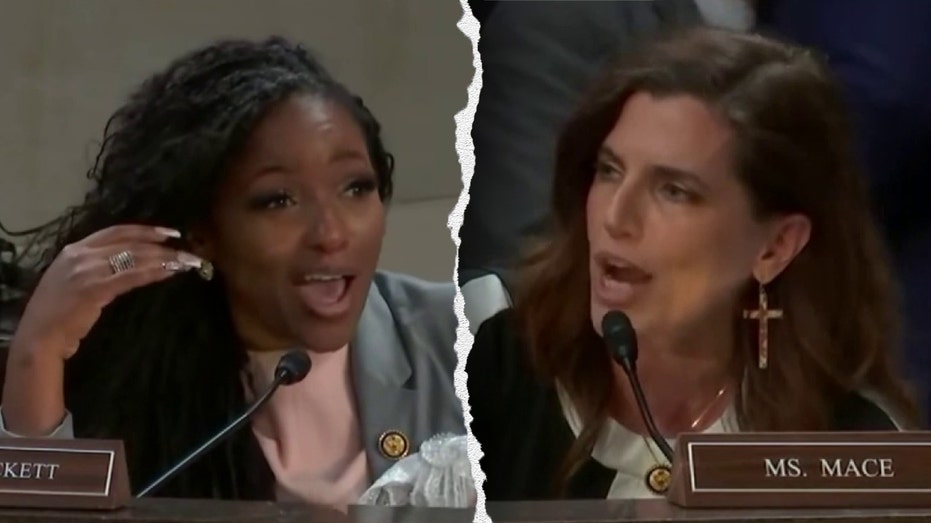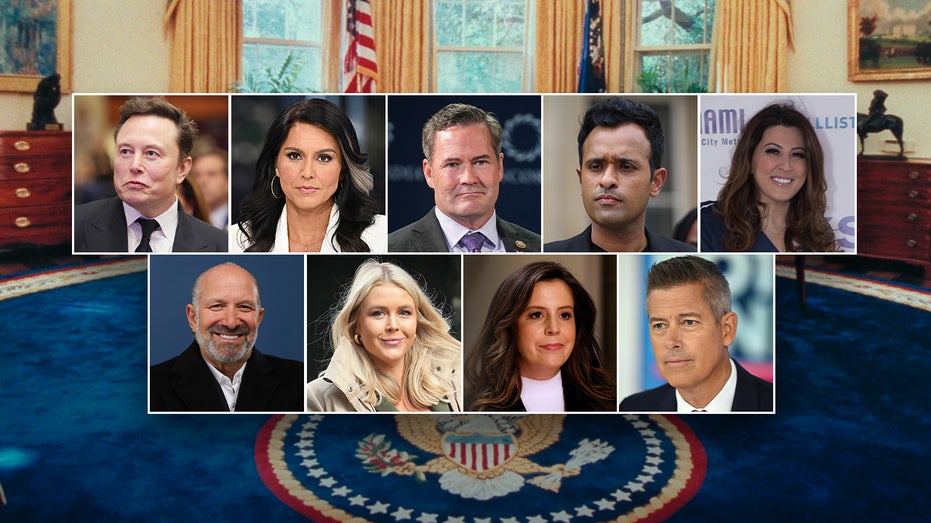A federal appeals court has delayed Friday’s scheduled military court hearing where suspected 9/11 mastermind Khalid Sheikh Mohammed and two co-conspirators were expected to plead guilty as part of a deal negotiated with prosecutors. The pause, though welcomed by the many who opposed the plea deals, prolongs a decades-long crusade for justice by the victims’ families. The plea deals, which would have three 9/11 terrorists avoid the death penalty and face life in prison, have drawn sharp outcry from the public and even prompted a dispute within the Biden administration to undo them. On New Year’s Eve, a military appeals court shot down Defense Secretary Lloyd Austin’s effort to block the deal between military prosecutors and defense lawyers, saying Austin did not have the power to cancel plea agreements.Then, on Wednesday, the Department of Justice appealed that ruling. Specifically, the court opinion said the plea deals reached by military prosecutors and defense attorneys were valid and enforceable and that Austin exceeded his authority when he later tried to nullify them.The defense now has until Jan. 17 to offer a full response to the Department of Justice’s request to have the plea deals thrown out. Government prosecutors then have until Jan. 22 for a rebuttal, with possible oral arguments on the issue to follow. The plea deals, offered to Mohammed and two co-conspirators, were meant as a way to wrap up the quest for justice to those who have been waiting more than two decades to see the terrorists that killed their loved ones convicted. They would allow prosecutors to avoid going to trial.But why did the government settle for a plea deal after 23 years of building a case in the first place? BIDEN ADMIN SENDS 11 GUANTANAMO DETAINEES TO OMAN FOR RESETTLEMENT”I haven’t spoken to a single person who thinks these plea deals were a good idea. Most people are horrified,” said Brett Eagleson, president of 9/11 Justice. “It’s our thought that this was rescinded in name only and like it was done right before the election. So, Austin was trying to save any attempts at sort of a political loss on this,” said Eagleson.In its appeal this week, the government says, “Respondents are charged with perpetrating the most egregious criminal act on American soil in modern history — the 9/11 terrorist attacks.”The military commission judge intends to enforce pretrial plea agreements that will deprive the government and the American people of a public trial as to the respondents’ guilt and the possibility of capital punishment, despite the fact that the Secretary of Defense has lawfully withdrawn those agreements,” the appeal said. “The harm to the government and the public will be irreparable once the judge accepts the pleas, which he is scheduled to do in hearings beginning on January 10, 2025.”The appeal also noted that once the military commission accepts the guilty pleas, there is likely no way to return to the status quo.Defense lawyers for the suspected 9/11 perpetrators argued Austin’s attempts to throw out the plea deals that his own military negotiated and approved were the latest developments in the “fitful” and “negligent” mishandling of the case that has dragged on for more than two decades. If the plea deal is upheld, the architects of the attacks that killed 2,976, plus thousands more who died after inhaling toxic dust in rescue missions, will not be put to death for their crimes.”You would think that the government has an opportunity to make right, and you would think that they would be salivating at the opportunity to bring us justice,” Eagleson said. “Rather than doing that, they shroud everything in secrecy. They’re rushing to get these plea deals done, and they’re marching forward despite the objections of us.”We want transparency. We want the discovery that’s been produced. In this case, we want to know who are these guys they’re talking to? On what grounds does our government think that these guys are guilty? Why can’t they share that with us? It’s been 23 years. You can’t tell me that you need to protect national security sources and methods because, quite frankly, if we’re using the same sources and methods that we were 23 years ago, we have bigger fish to fry.” The government opted to try five men in one case instead of each individually. Mohammed is accused of masterminding the plot and proposing it to Usama bin Laden. Two others allegedly helped the hijackers with finances. In 2023, a medical panel concluded that Ramzi bin al-Shibh was not competent to stand trial and removed him from the case. Mohammed, Mustafa al-Hawsawi and Walid bin Attash, are all part of the plea agreement that will allow them to avoid the death penalty. One other will go to trial. “The military commission has really been a failure,” said John Ryan, a retired agent on the FBI’s joint terrorism task force in New York. TOP REPUBLICANS ROLL OUT BILL THAT WOULD UNDO 9/11 PLEA DEALSHundreds of people have been convicted of terrorism charges in the U.S. Ramzi Yousef, the perpetrator of the 1993 World Trade Center bombing, was convicted in 1997.But the military commission’s 9/11 case has faced a revolving door of judges, who then each take time to get up to speed with the 400,000 pages and exhibits in the case. Col. Matthew N. McCall of the Air Force, the fourth judge to preside over hearings in the case, intends to retire in the first quarter of 2025 before any trial begins. McCall was assigned to the case in August 2021, and he held only two rounds of hearings before suspending the proceedings in March 2022 for plea negotiations. Another judge would have to get up to speed, and it could be another five to 10 years before a conviction, according to Ryan, who observed many of the hearings at Guantánamo. “You have parents and grandparents [of victims] that now are in their 80s, you know, and want to see justice in their lifetime,” he said. “So, they would prefer to see the death penalty, but they’re sort of accepting the plea agreement here.” In the 23 years it’s taken to go to trial, critical witnesses have died, while others have waning memories of that fateful day. For many years, the trial was delayed as the prosecution and the defense argued over whether some of the government’s best evidence, obtained under torture by the CIA, was permissible in court. The defense argued their clients had been conditioned to say anything that would please interrogators under this practice. Former Attorney General Eric Holder has blamed “political hacks” for preventing a U.S.-based trial and thereby leading to the plea deal. Years of proceedings in the untested military commissions system have led to countless delays. Holder in 2009 had wanted to try the men in the Manhattan court system and promised to seek the death penalty, but he faced swift opposition in Congress from lawmakers who opposed bringing the suspected terrorists onto U.S. soil. In 2013, Holder claimed Mohammed and his co-conspirators would be sitting on “death row as we speak” if the case had gone through the federal court system as he proposed. Ten years later, Attorney General William Barr also tried to bring the Guantánamo detainees to the U.S. for a trial in federal court in 2019. He wrote in his memoir that the military commission process had become a “hopeless mess.” “The military can’t seem to get out of its own way and complete the trial,” Barr wrote. He, too, ran into opposition from Republicans in Congress and then-President Trump.
/
January 10, 2025
Court puts plea deal on pause for 9/11 mastermind KSM: 23 years later, justice for terrorists is delayed again
